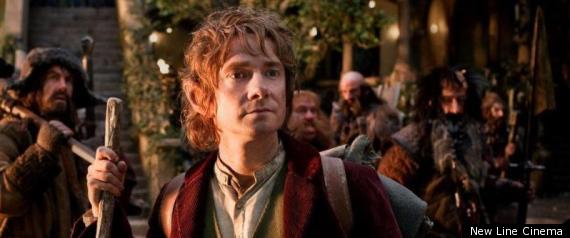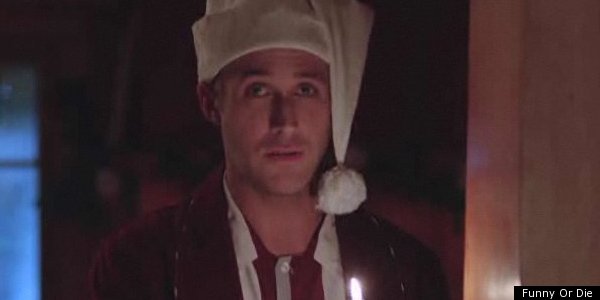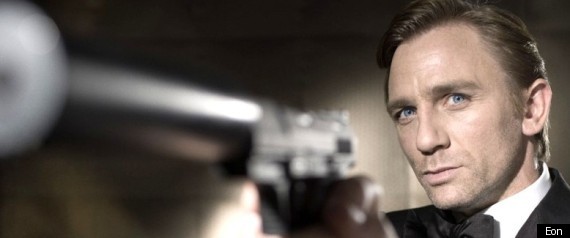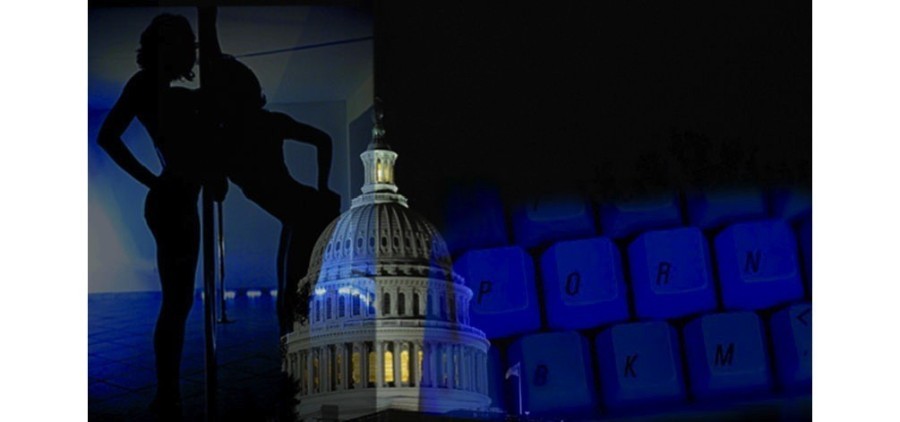
...With her eighteenth birthday near, Rachael has moved to Boston, leaving her room and the cleaning of it to us....
We take a few days off, just to get used to the idea of there being only two of us again. Then, tentatively, we push open the door to her room.
The dogs peer into the darkness from around our legs and look up at us. The room—well—undulates. It stands as a shrine to questionable taste, a paean to the worst of American consumerism. The last few echoes of Def Leppard and Twisted Sister are barely audible. Georgia sighs.
I suggest flame throwers coupled with a front-end loader and caution the cleanup crew, which now includes the two cats, about a presence over in one of the corners. Faintly, I can hear it rustle and snarl. It is, I propose, some furry guardian of teenage values, and it senses, correctly, that we are enemies.
Trash bags in hand, we start at the door and work inward, tough-minded. “My god, look at this stuff; let’s toss it all.”
The first few hours are easy. Half-empty shampoo bottles go into the bags, along with three dozen hair curlers, four dozen dried-up ball-point pens and uncountable pictures of bare-chested young men with contorted faces clawing at strange-looking guitars.
Farther into the room salvage appears: the hammer that disappeared years ago; about six bucks in change; fifty percent of the family’s towel and drinking-glass stock; five sets of keys to the Toyota. More. Good stuff. We work with a vengeance.
Moving down through the layers, though, we begin to undergo a transformation. Slowly, we change from rough-and-tumble scavengers to gentle archaeologists. Perhaps it started when we reached the level of the dolls and stuffed animals. Maybe it was when I found “The Man Who Never Washed His Dishes,” a morality play in a dozen or so pages, with her childhood scribblings in it. In any case, tough-mindedness has turned to drippy sentimentality by the time we find the tack and one shoe from Bill, her horse.
I had demanded that Bill be sold when he was left unridden after the five years of an intense love affair with him were over. That was hard on her, I know. I begin to understand just how hard when Georgia discovers a bottle of horsefly repellent that [Rachael] kept for her memories.
We hold up treasures and call to each other. “Look at this, do you remember...?”
And there’s Barbie. And Barbie’s clothes. And Barbie’s camper in which the young female cat was given grand tours of the house, even though she would have preferred not to travel at all, thank you. My ravings about the sexist glorification of middle-class values personified by Barbie seem stupid and hollow in retrospect, as I devilishly look at the cat and wonder if she still fits in the camper. “Here kitty, kitty....” Ken is not in sight. Off working out on the Nautilus equipment, I suppose. Or studying tax shelters.
Ah, the long-handled net with which Iowa nearly was cleared of fireflies for a time. “I know they look pretty in the bottle, Sweetheart, but they will die if you keep them there all night.”
Twister—The Game That Ties You Up in Knots. The ball glove. She was pretty decent at first base. And the violin. Jim Welch’s school orchestra was one of the best parts of her growing years.
She smiles out at us from a homecoming picture, the night of her first real date. Thousands of rocks and seashells. The little weaving loom on which she fashioned pot holders for entire neighborhoods. My resolve is completely gone as I rescue Snoopy’s pennant from the flapping jaws of a trash bag and set it to one side for keeping.
We are down to small keepsakes and jewelry. Georgia takes over, not trusting my eye for value, and sorts the precious from the junk, while I shuffle through old algebra papers. Night after night, for a year, I sat with her at the kitchen table, failing to
convince her of the beauty to be found in quadratic equations and other abstractions. I goaded her with Waller’s Conjecture: “Life is a word problem.” Blank stare. Finally, trying to wave hope in the face of defeat, I paraphrased Fran Lebowitz: “In the real world, there is no algebra.” She nodded, smiling, and laughed when I admitted that not once, in all my travels, had I ever calculated how long Smith would need to overtake Brown if Brown left three hours before Smith on a slower train. I told her I’d sit in the bar and wait for Smith’s faster train. That confirmed what she had heretofore only suspected—algebra is not needed for the abundant life, only fast trains and good whiskey.
And, she was right, of course.
The job is nearly finished. All that remains is a bit of archiving. I have strange feelings, though. Have we sorted carefully enough? Probably. Georgia is thorough about that kind of thing. Still, I walk to the road again and look at the pile. The tailings of one quarter of a life stacked up in three dozen bags. It seems like there ought to be more.
When I hear the garbage truck, I peer out of an upstairs window in her room. The garbage guys have seen lives strung out along road edges before and are not moved. The cruncher on the truck grinds hair curlers and Twister and junk jewelry and broken stuffed animals—and some small part of me.
She calls from Boston. A job. Clerking in a store, and she loves it. We are pleased and proud of her. She’s under way.
The weeks go by. Letters. “I am learning to budget my money. I hate it. I want to be rich.”
She starts her search for the Dream in a rooming house downtown and finds a Portuguese boyfriend, Tommy, who drums in a rock band and cooks Chinese for her. Ella Fitzgerald sings a free concert in the park. The cop on the beat knows her, and the store is crowded with returning college kids late in a Boston summer. Here in the woods, it’s quieter now.
Her room has been turned into a den. A computer replaces curling irons and other clutter on her desk. My pinstripes look cheerless in her closet where pink fish-net tops and leather pants once hung.
Order has replaced life. I sit quietly there and hear the laughter, the crying, the reverberation of a million phone calls. The angst of her early-teen existential
crisis lingers, drifting in a small cloud near the high ceiling.
And you know what I miss? Coming home and hearing her say, “Looking pretty good, Bob! Got your suspenders on?” She could make a whirring sound just like the motor drive on a fine camera. Those few moments of irreverent hassle every day are what I miss most of all.
Regrets? A few. I wish I had walked in the woods more with her. I wish I had gotten mad less and laughed longer. Maybe we could have kept the horse another year.
Victories? A few. She loves the music and the animals. She understands romance and knows how to live a romantic life. She also has the rudimentary skills of a great blackjack dealer. I sent her off with that instead of luggage....
And I know I’ll sit on the porch as autumn comes this year and other years, in some old sweater with some old dreams, and wonder where she goes and how she goes. I hope she goes where there’s laughter and romance, and walks the streets of Bombay and leans out of Paris windows to touch falling January snow and swims in the seas off Bora Bora and makes love in Bangkok in the Montien Hotel....
Go well, Rachael Elizabeth, my daughter. And, go knowing that your ball glove hangs on the wall beside mine, that Snoopy’s pennant flies bravely in the old airs of your room, that the violin is safe, and that the little cat now sleeps with us at night but still sits on the porch railing in the late afternoon and looks for you.
Robert James Waller
Just Beyond the Firelight, 1988 / Old Songs in a New Cafe’, 1995
Iowa State University Press
(Out of respect for the writer’s work, I haven’t included the ENTIRE story but it’s an amazingly personal story so PLEASE buy it online or at your local bookstore and show our authors some love…cool?)











































